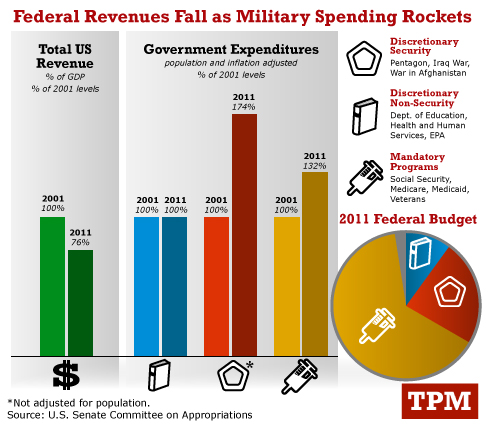The title of this post is a quote from Steve Clapp’s article today in Food Chemical News about the unspoken message behind formation of a new group called AGree (Agriculture, Agree, get it?). AGree, according to its gorgeous website, aims to “advance the well-being and prosperity of people in the United States and abroad by transforming food and agriculture policy.”
AGree is a bold new initiative designed to tackle long-term agricultural, food and rural policy issues. AGree has significant funding from eight of the world’s leading foundations for at least the next eight years…We also recognize the interconnected nature of agriculture policy globally and we seek to break down traditional silos and work across issue areas.
The funders? These are heavy hitters: Ford Foundation, Bill & Melinda Gates Foundation, The William & Flora Hewlett Foundation, The David and Lucile Packard Foundation, W.K. Kellogg Foundation, The McKnight Foundation, Rockefeller Foundation and The Walton Family Foundation.
Who is running the show? AGree is to be led by former Agriculture Secretary Dan Glickman; Gary Hirshberg, chairman and CEO of Stonyfield Farm; Jim Moseley, former USDA deputy secretary in the first Bush administration; and Emmy Simmons, former assistant administrator of the U.S. Agency for International Development (USAID).
What’s the plan? AGree will “Build bridges among groups that have not traditionally worked together…This approach is needed because policy reform efforts targeting the food and agriculture system have traditionally operated in many independent silos – governmental, political, stakeholder, geographic and substantive – that have made transformative change impossible.”
Steve Clapp quotes Dan Glickman saying that AGree is going to “operate outside the partisan political process” because “Food policy is too important to be left to the food industry.”
What are we to make of this? It’s much too soon to say but it reminds me of two previous efforts to forge consensus among stakeholders.
One is a group that I belong to called PAPSAC, which stands for Private and Public, Scientific, Academic, and Consumer Food Policy Group. The group, organized by Ray Goldberg, has been meeting for about 15 years, first at the Harvard Business School and more recently at the Kennedy School. The meeting brings together high level CEOs of food and agribusiness companies, government officials, people in business and public relations, academics, and advocates to exchange views in private. Its original purpose was to try to find middle ground on controversial issues such as genetically modified foods. But one of the unstated hopes was that consumer advocates would relent on opposition to GM foods.
The second example is the ill-fated Smart Choices. This, you may recall, was an attempt of the Keystone Center to get food companies and academics to agree on common standards for front-of-package labeling. When it became evident that food companies were calling the shots, the consumer advocates dropped out. The result? The Smart Choices logo appeared on Froot Loops and failed the laugh test.
The problem with attempts to build consensus is that the sides aren’t equal. Agribusiness calls the shots or won’t play.
I’m curious to know how the leadership intends to proceed. At the Future of Food meeting in Washington this week, Gary Hirshberg made it clear that he is a strong proponent of organic agriculture and strongly against GM. I don’t see easy bridges between stakeholders with this particular issue, but maybe AGree will start with easier ones.
If I read between the lines correctly, AGree will convene meetings and produce policy papers. The group seems to be steering clear of the 2012 Farm Bill until after it’s passed.
As with all such things, let’s wish the AGree leaders luck and give them a chance to see what they can do.




